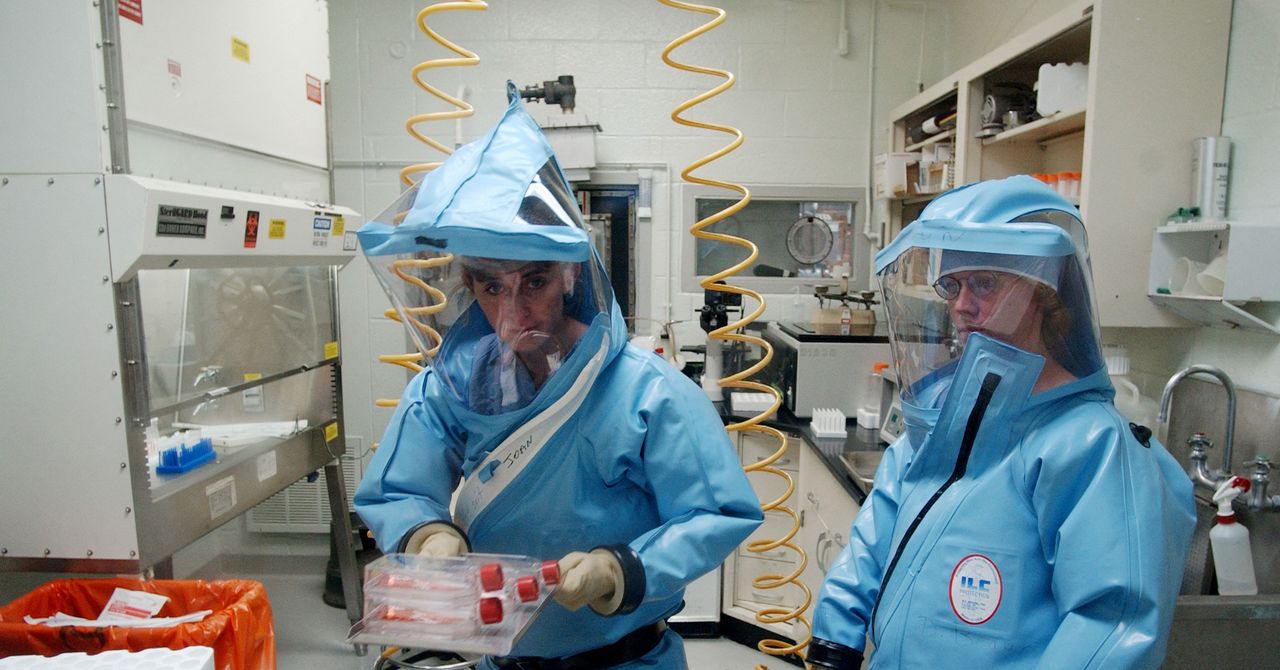
You often hear of carbohydrates being described as simple and complex. Simple carbs consist of chemical chains of one or two sugar molecules. Complex carbs, made up of longer molecular chains, are starches or fiber.
But the distinction isn’t all that helpful when you’re deciding which foods to eat. Not all simple carbs are unhealthy, and not all complex carbs are good for you. And the two types can be found in the same foods. For example, fruit contains natural sugars (simple carbs) along with fiber (a complex carb).
Instead, think processed vs. whole. Processed carbs are added sugars and white flour, (and products made with them), white rice, potato chips, and fries. These are broken down and turned into energy quickly, causing a rapid spike in blood glucose levels, and often are low in nutrients and fiber. Over time, these spikes can lead to illness-causing chronic inflammation. In a 2010 study published in the American Journal of Clinical Nutrition, older women with the highest intake of quickly digested carbs were nearly three times as likely to die of an inflammatory disease, such as heart disease, as those who consumed the least.
Carbs in the form of whole foods— vegetables, fruits, whole grains, and legumes—are the healthiest, says Morrow. They’re digested more slowly, which helps prevent the blood sugar swings caused by refined carbs.
The fiber they contain also protects against a variety of diseases, and helps keep you full. One 2019 review of research published in The Lancet found that people who ate the most fiber-rich foods were 15 to 30 percent less likely to develop heart disease, type 2 diabetes, and colorectal cancer, or die from heart disease or stroke. What’s more, fiber boosts “good” bacteria in the gut, which are linked to healthy digestion, better immune function, and overall health.
Resistant starches, found in oats and legumes (as well as cold pasta and rice), may have the same benefits. “These starches are similar to fiber,” says Nate Wood, MD, a chef and an instructor of medicine at Yale School of Medicine in New Haven, Conn. “They aren’t digested in the small intestine, so they don’t raise blood sugar.” Instead, they pass into the colon, where they feed the healthy gut bacteria.









